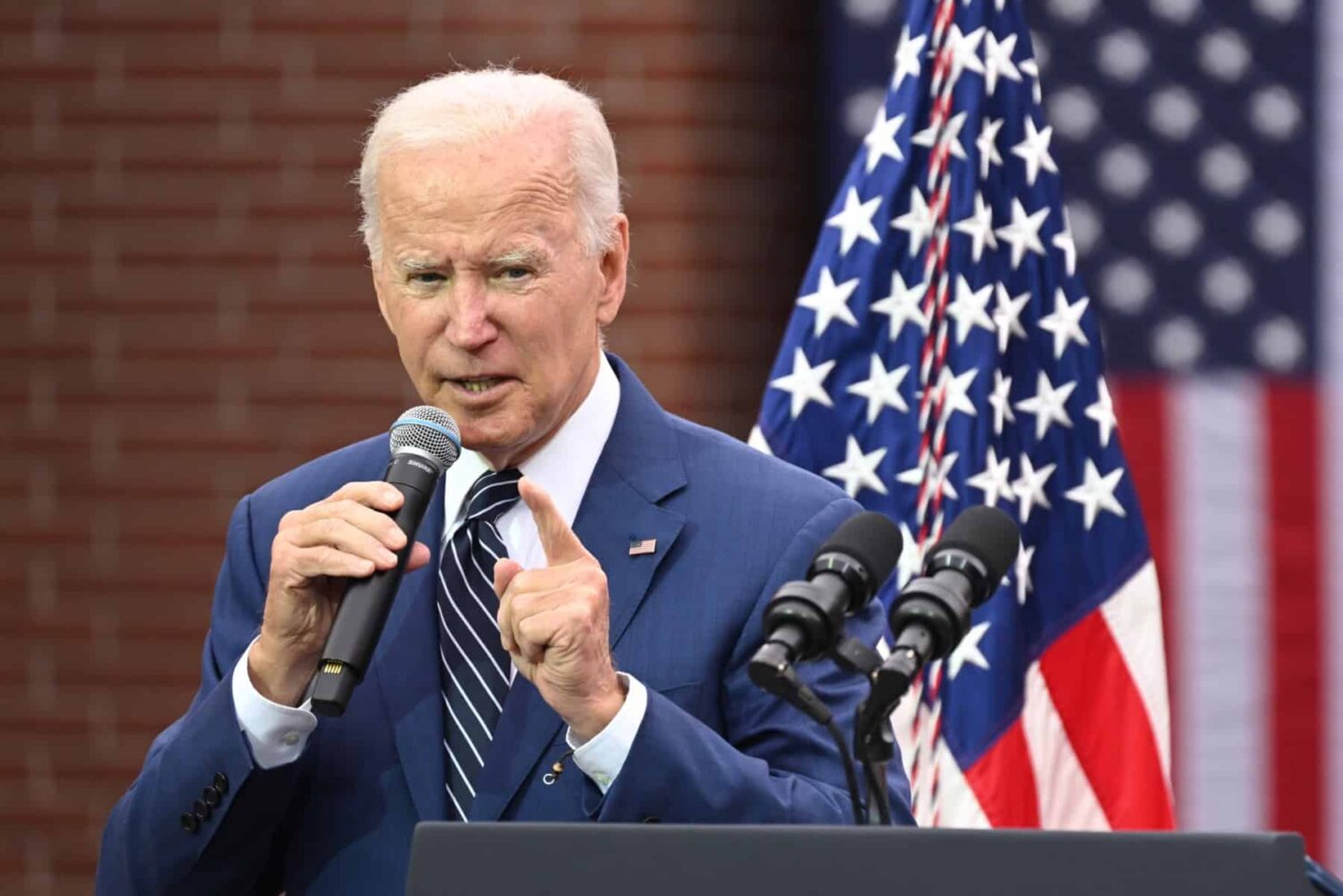Washington, United States– Almost exactly 20 years after US forces invaded Iraq to remove Saddam Hussein from power, the US Senate moved Thursday to revoke the law that authorized then-president George W. Bush to launch the war.
In a procedural vote that came over a decade after the war’s official end, senators from both parties strongly supported cancelling the 2002 Authorization for Use of Military Force (AUMF), which empowered Bush to send US forces to Iraq.
The same bill also revokes the 1991 AUMF that empowered Bush’s father president George HW Bush to attack Iraq after Saddam’s forces invaded Kuwait.
“The Iraq War has itself long been over. This AUMF has outlived its purpose and we can no longer justify keeping it in effect,” said Senate Majority Leader Chuck Schumer.
“Every year we leave these AUMFs on the books is another year that a future administration can abuse them,” he said.
The 2002 AUMF has been mostly moribund.
But, because it allows the president to order any actions seen as threatening to Iraqi democracy, it has been used to justify several military actions in the past decade, like allowing US troops in Iraq to retaliate against Iran-allied militias that have fired rockets at bases housing US troops.
Most notably, it was cited in the January 2020 US assassination in Baghdad of Iranian general Qasem Soleimani, ordered by Donald Trump.
Because of that, there have been fears that a president could use the AUMF to go to war with Iran, citing a threat from Tehran to Iraq, said Scott Anderson, an expert in national security law at Brookings Institution
“The biggest risk it presents is that people will use it more broadly,” beyond Congress’s original intent, Anderson said.
Since the beginning of his administration in 2021, President Joe Biden has urged Congress to revoke the 1991 and 2002 AUMFs.
But the legislation — which could come next week to a final vote in the Senate and then be sent to the House of Representatives — does not take action against the 2001 authorization of war in Afghanistan.
That authorization, with broad powers for the president to order military force against Al-Qaeda and its offshoots, has been used to carry on sustained actions in numerous countries including Syria, Yemen, Somalia and other parts of Africa.
In a statement Thursday on the revocations of the 1991 and 2002 AUMFs, the Biden administration said the president is ready to work with Congress to replace other “outdated authorizations for the use of military force” with “a narrow and specific framework more appropriate to protecting Americans from modern terrorist threats.”








